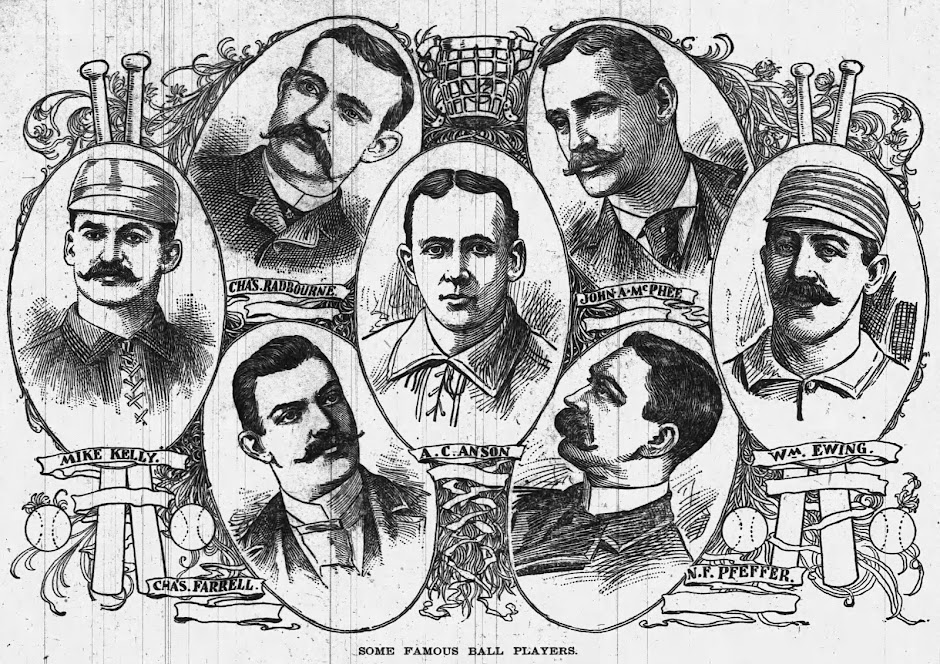This past Saturday while Carol and I were waiting for the doors to open for the Actors Shakespeare Project's production of 2 Henry IV at the Midway Studios in South Boston I heard a woman say that she wanted to see the play because it isn't performed that much. That's probably true on a relative basis, but we were actually seeing it for the second time in 10 days. This after seeing it twice in 2008, once in Stratford-upon-Avon and once in New York City. In addition to the Boston venue (which was part of a visit to our son and daughter-in-law) the last week in October we made a six hour car ride to Staunton, Virginia for our second visit to the American Shakespeare Center. While I plan to write about different aspects of both visits what follows are some random thoughts about the play based on seeing it twice in such a short period of time:
1. When we saw the RSC's 2008 production what hit me was how small a part Henry IV has in the second of the the plays to bear his name (which I am sure is no revelation). What struck me this time is that the same can be said of Hal. Basically Henry IV comes on the stage midway through the play to give his famous "Uneasy lies the head" monologue and then appears to the death scenes. Hal also doesn't have a much larger role at least until the end when he takes part in the death bed scene and then the two scenes after becoming king. Among other things I guess what that does is to make the role of Falstaff more prominent and thereby makes the casting of that part even more crucial to the play's success.
2. To me both productions demonstrated the temptation and the danger of going too far with how the two justices, Shallow and Silence, are portrayed. In both Virginia and Boston the two men were made out to be so old and feeble that I had a hard time hearing what they were saying (part of that may be my own hearing issues). This is sharp contrast to how the part was portrayed at the RSC in 2008 especially with Geoffrey Freshwater as Shallow. While not neglecting their age, both men had a lot more energy, similar to that of Falstaff so that they could be more easily seen as his contemporaries, many years later.
3. As is well known one of the most important scenes in the play is when the new king rejects his old friend. I read somewhere that for many people this scene alone determines their opinion of Hal/Henry V. One thing that most of the criticism that I have read seems to omit is that Henry doesn't completely abandon Falstaff. While forbidding from coming within 10 miles, Henry does commit to provide for Falstaff's well being and also offers him the opportunity of future access if he reforms in just the same way that Hal himself has reformed. My point is simply that the rejection is not as total, cold and/or necessarily final as much of the criticism seems to suggest.
4. It's also interesting while there is much commentary on Henry's rejection of Falstaff, there is far less discussion of the new king's treatment of his former adversary the Chief Justice. There is a high level of integrity in both men's actions, the Chief Justice not just for administering the law without favor, but also for standing behind his decisions when he is completely at the new king's mercy. There is also much integrity in how Henry handles the situation - the first real test of his reign. Will he give into what would seem to be the more typical and, at some levels, understandable human reaction to the opportunity to get back at someone or will he take the higher road. To his credit, Henry does the latter, a positive beginning.
Again some random thoughts with no special conclusion - more to come about the plays, the performances and the venues.



No comments:
Post a Comment